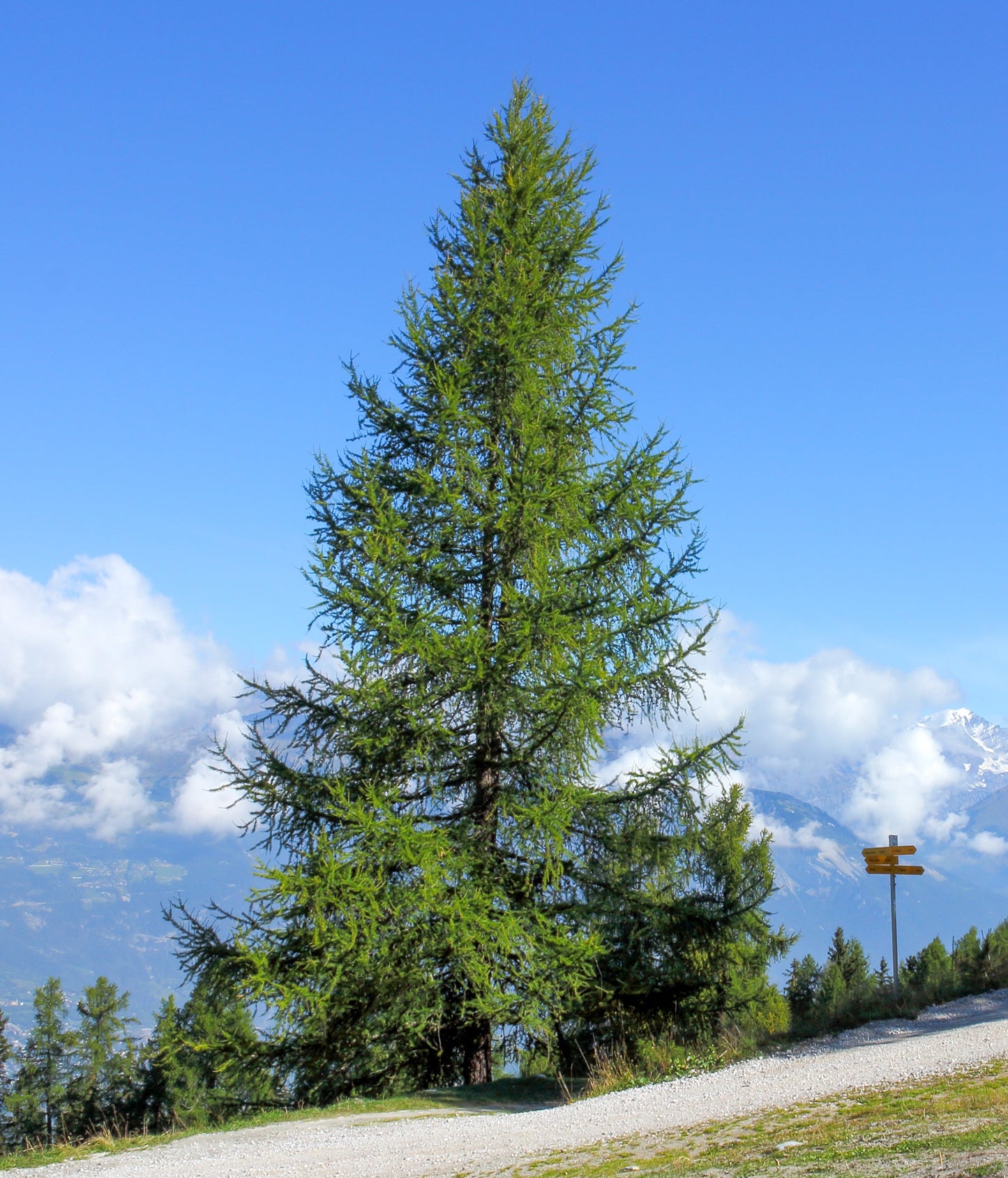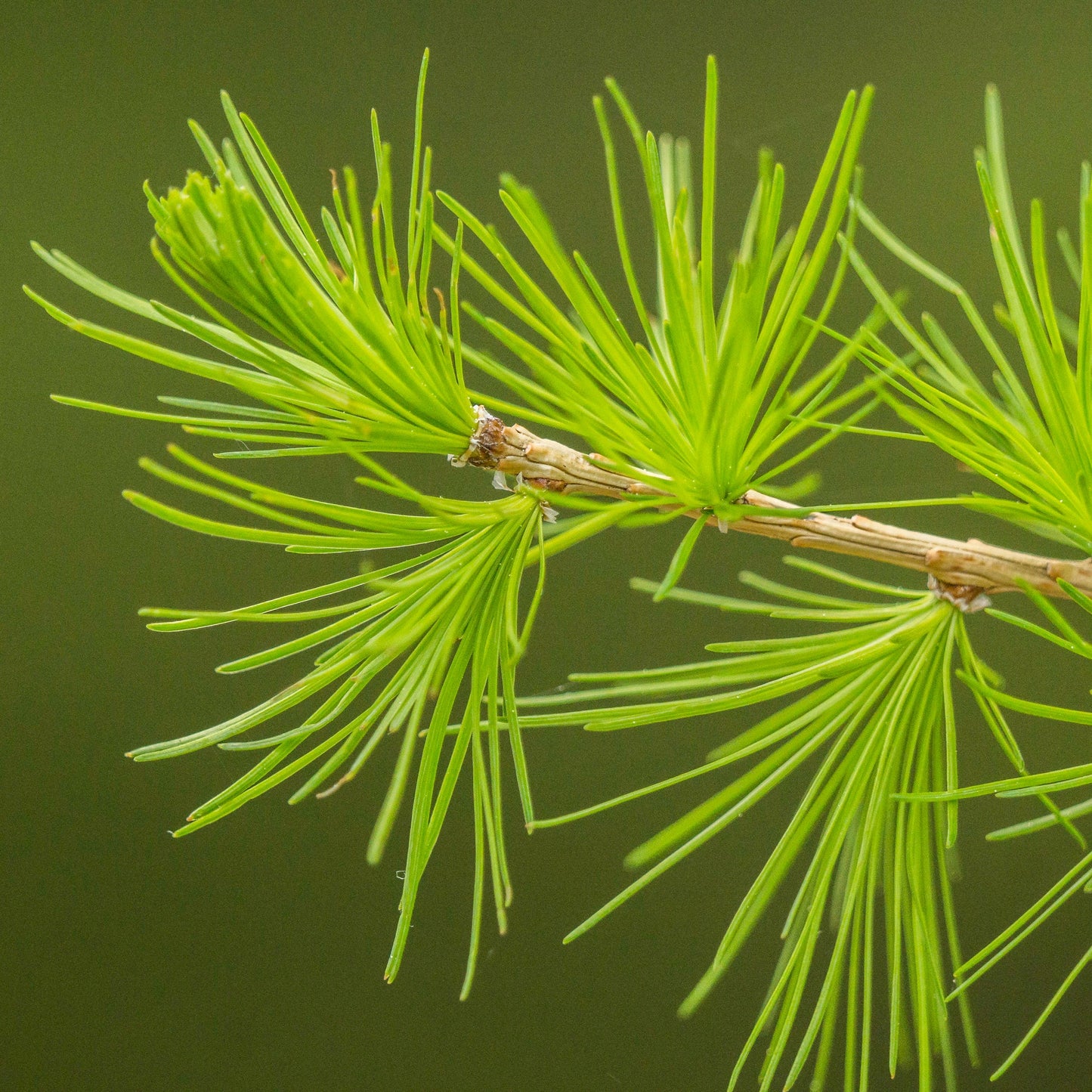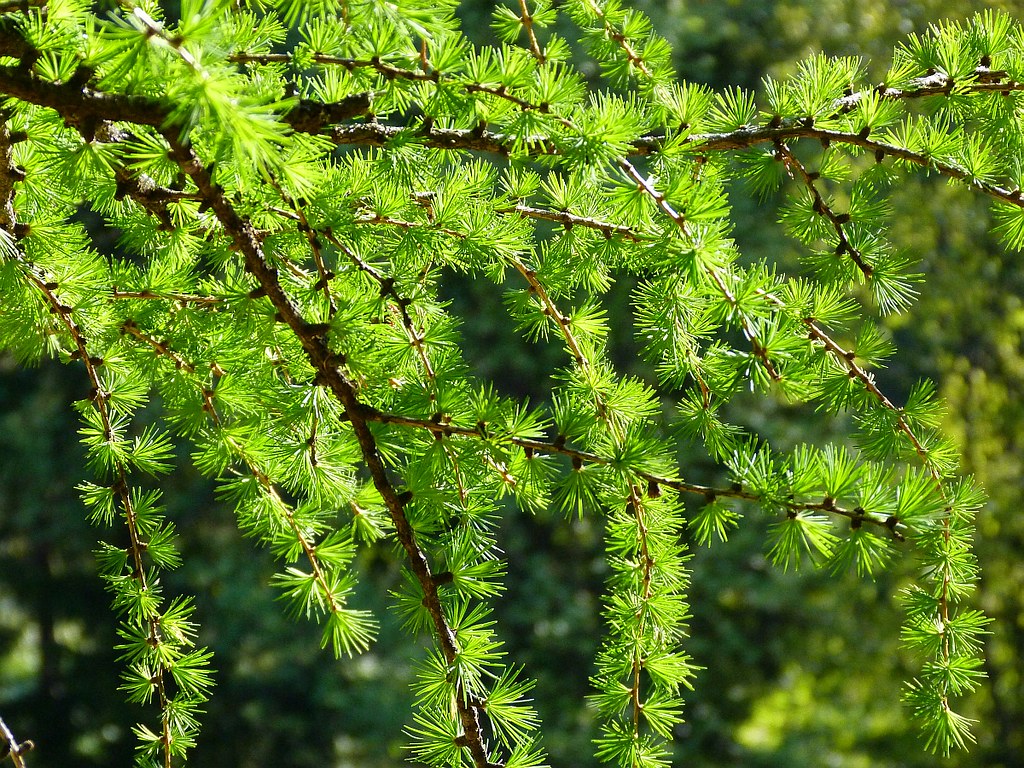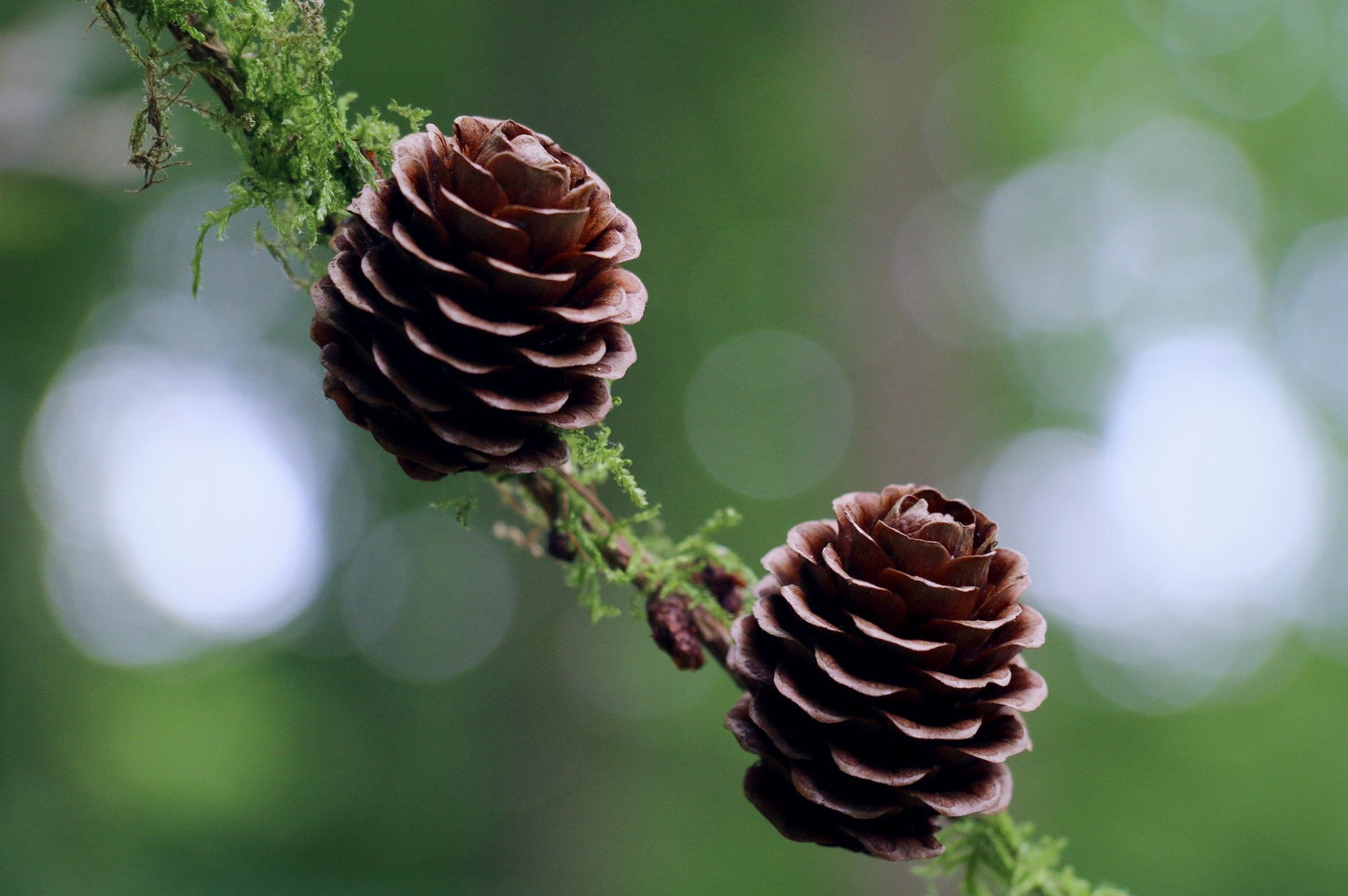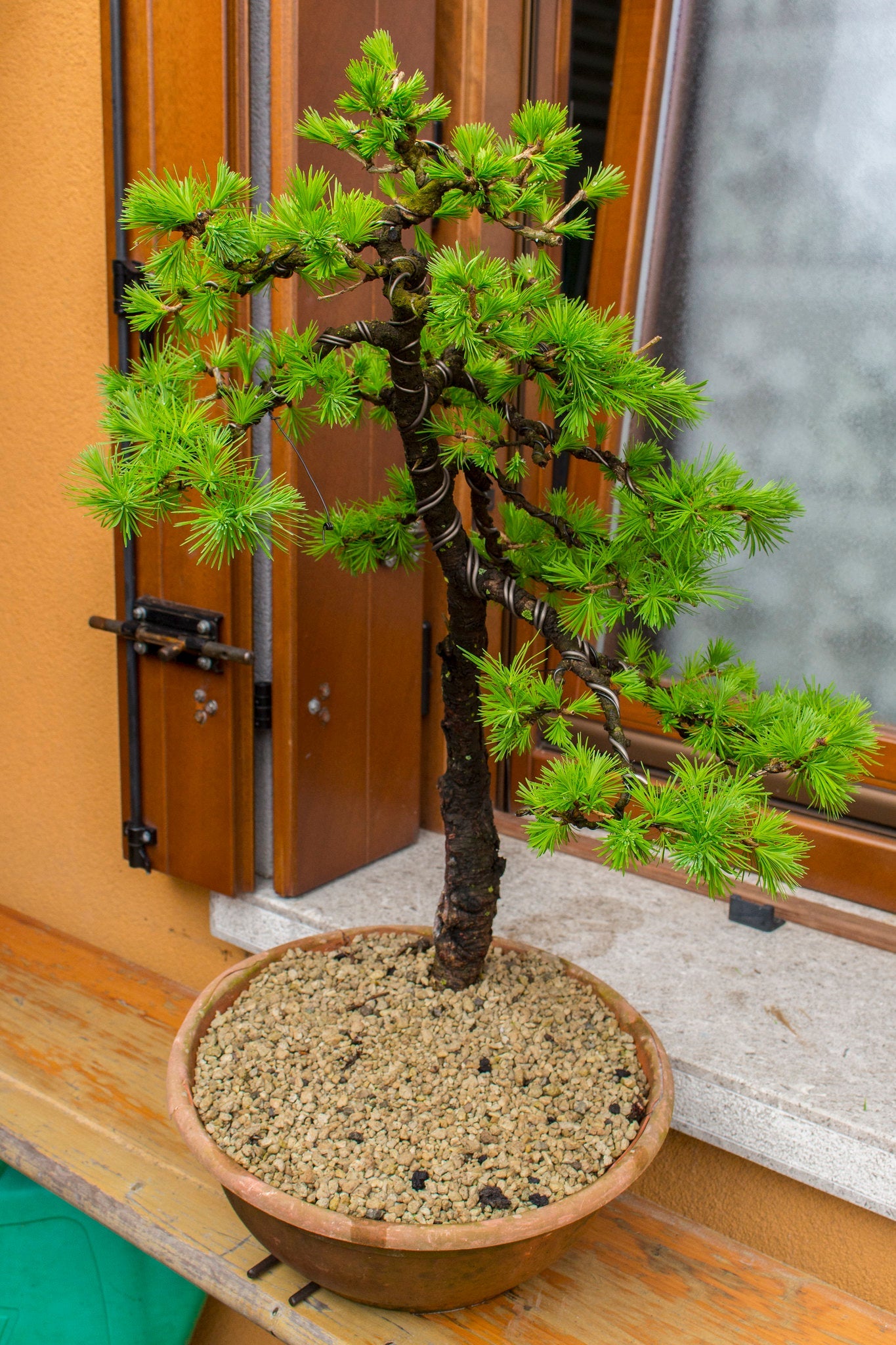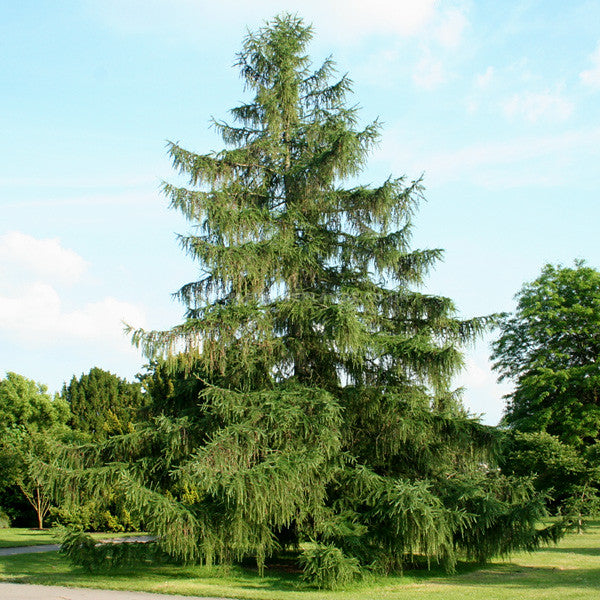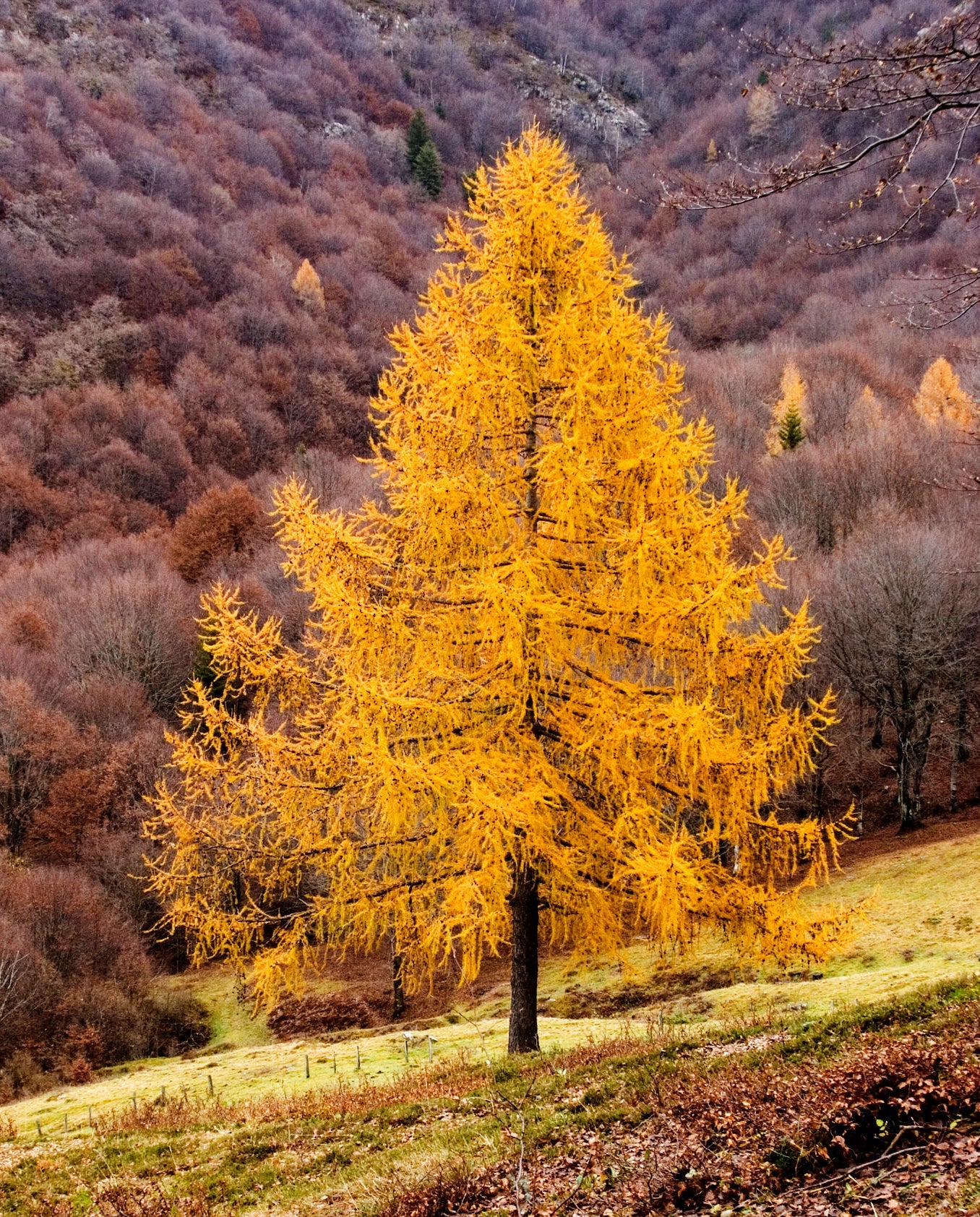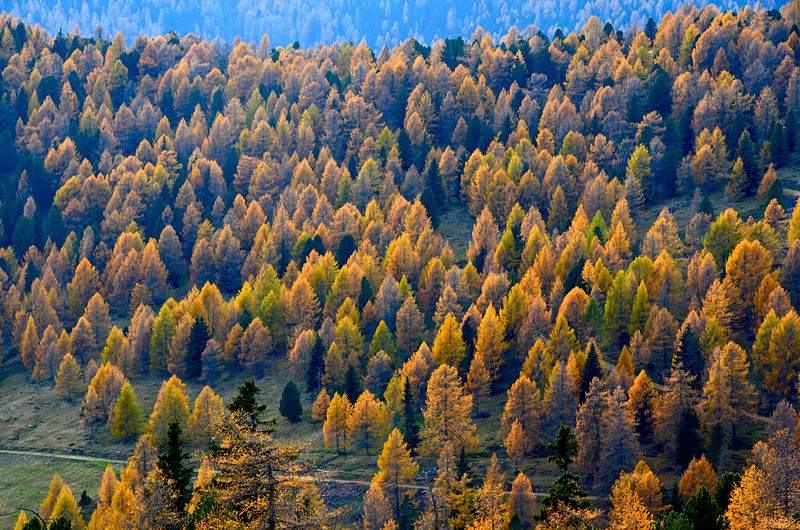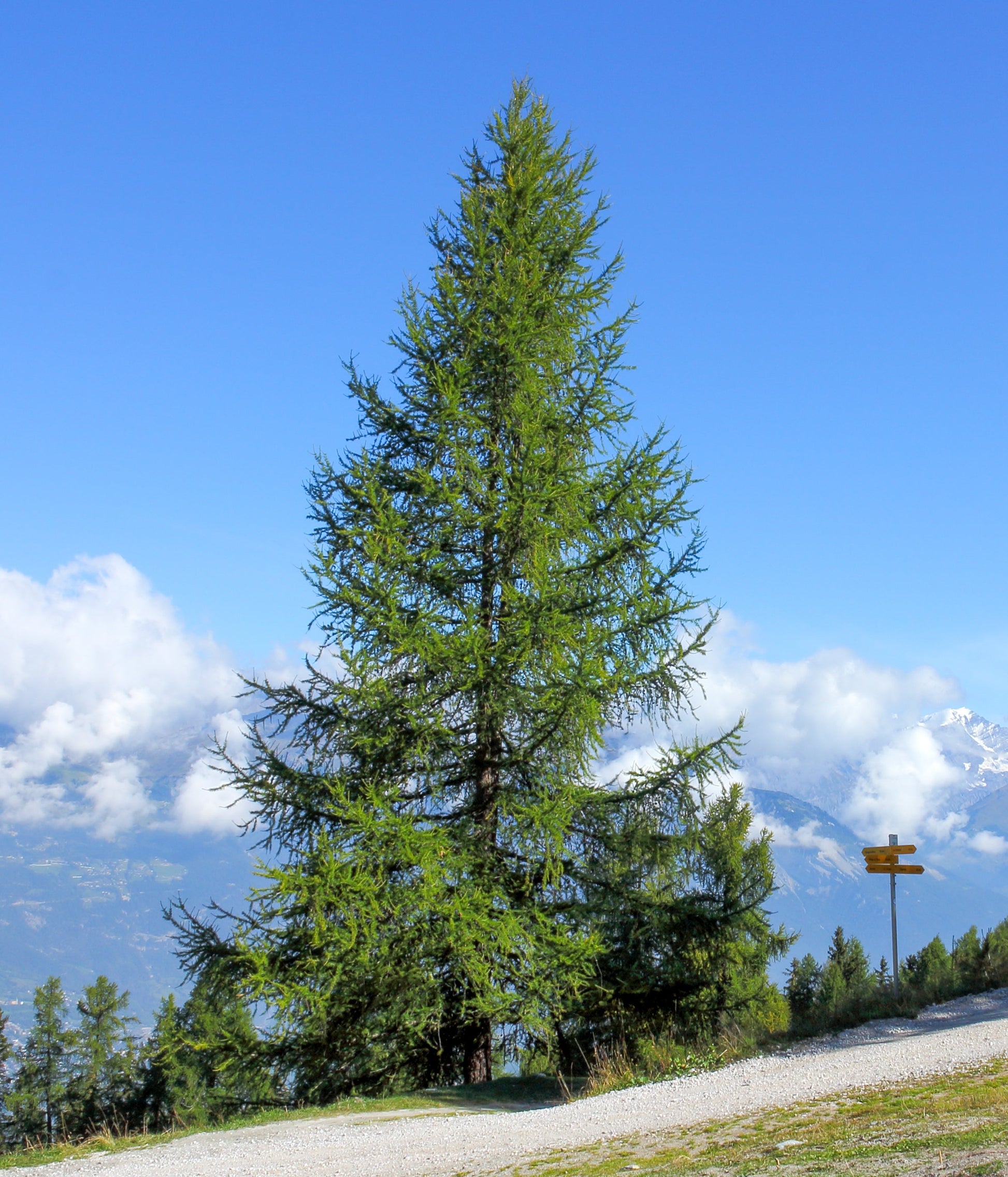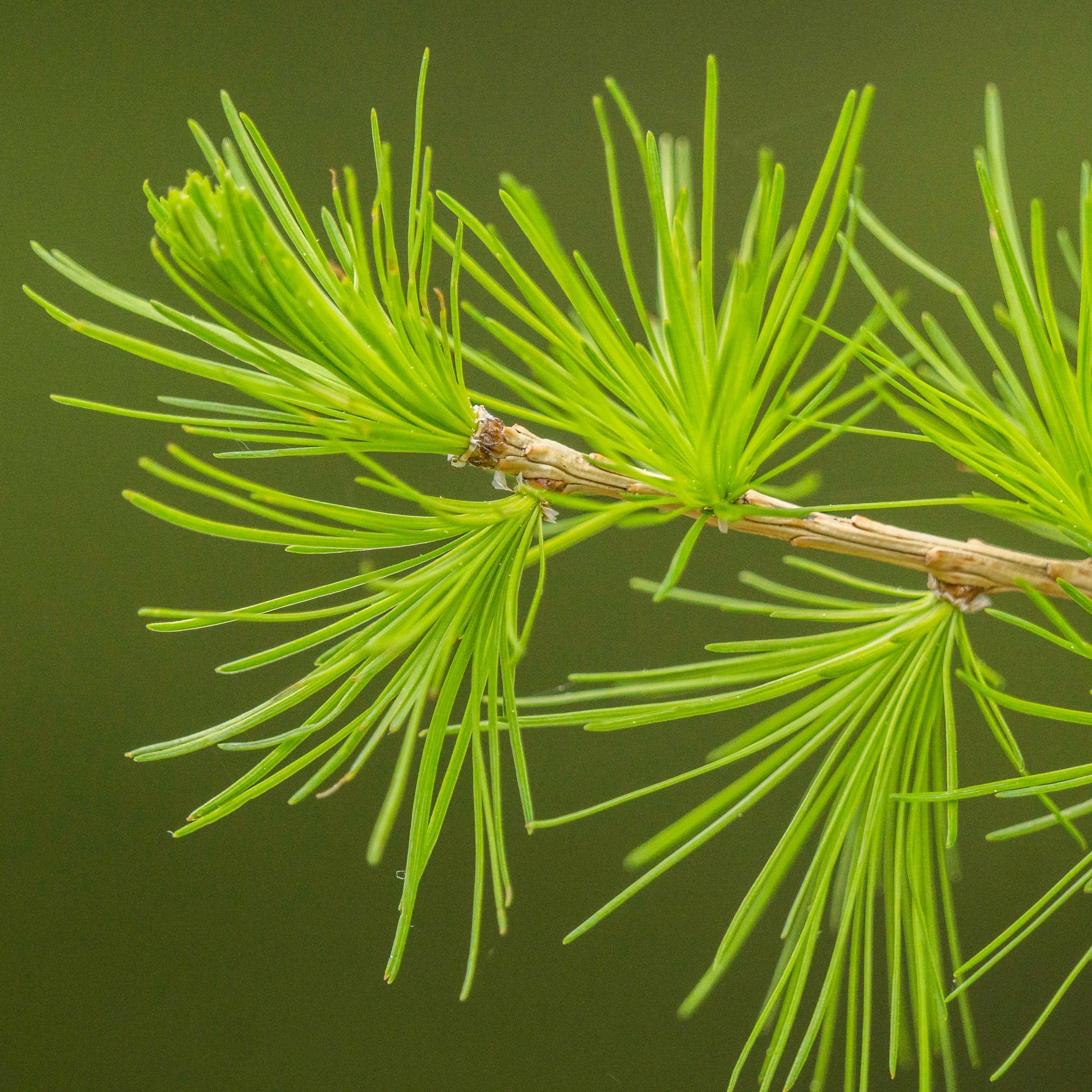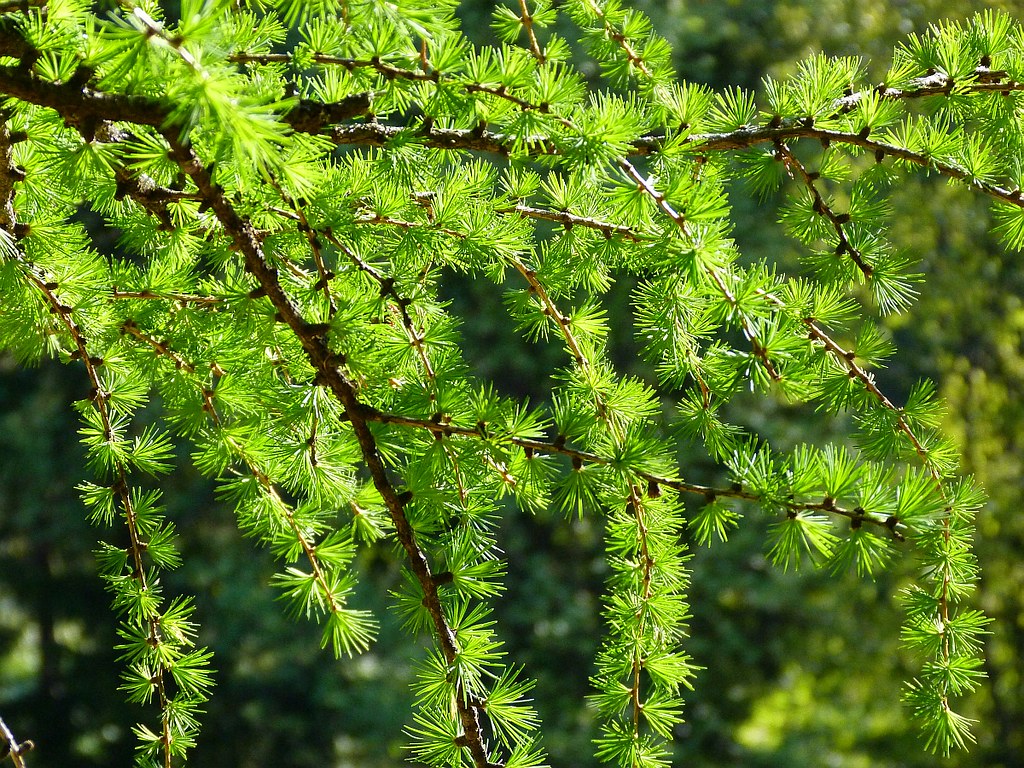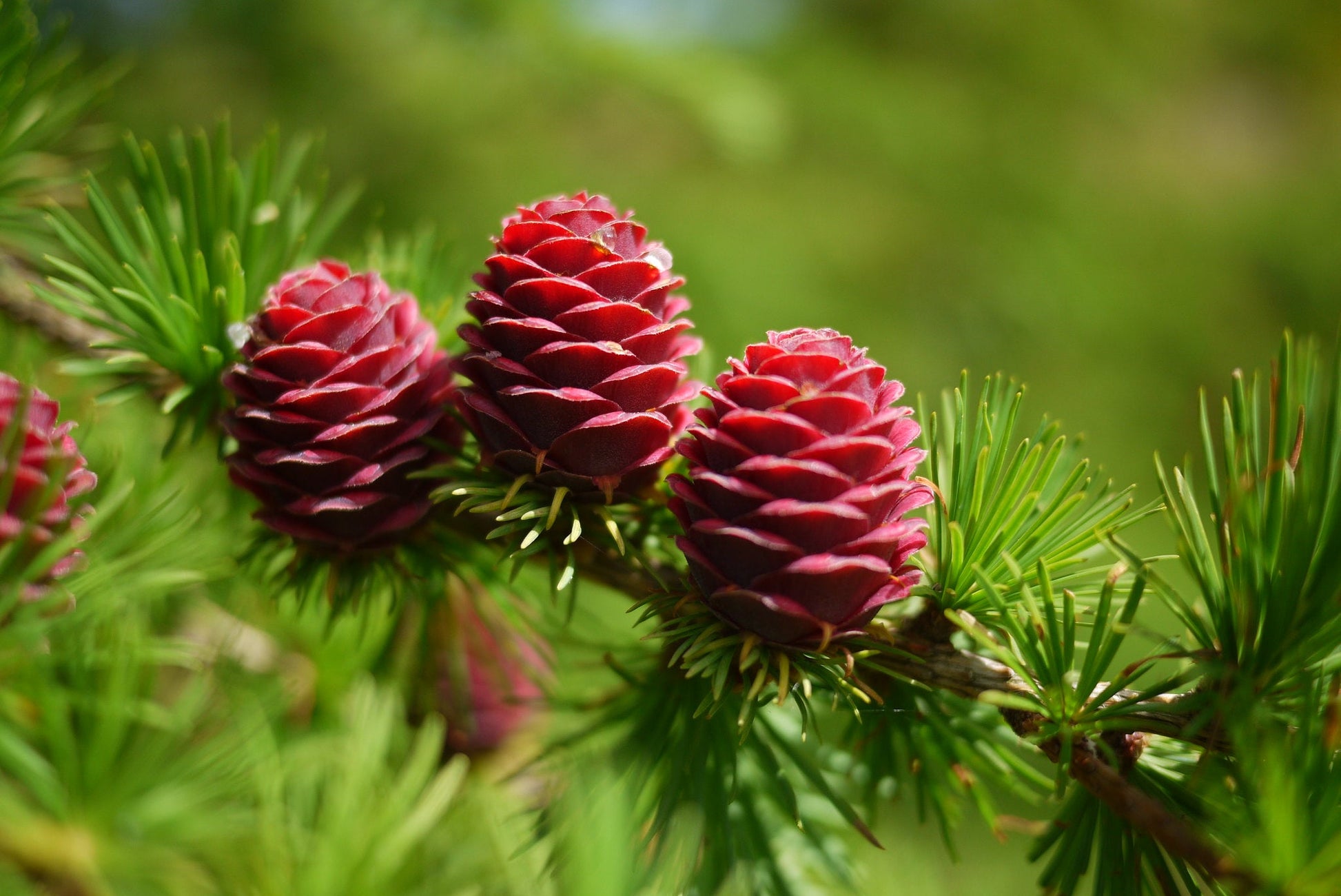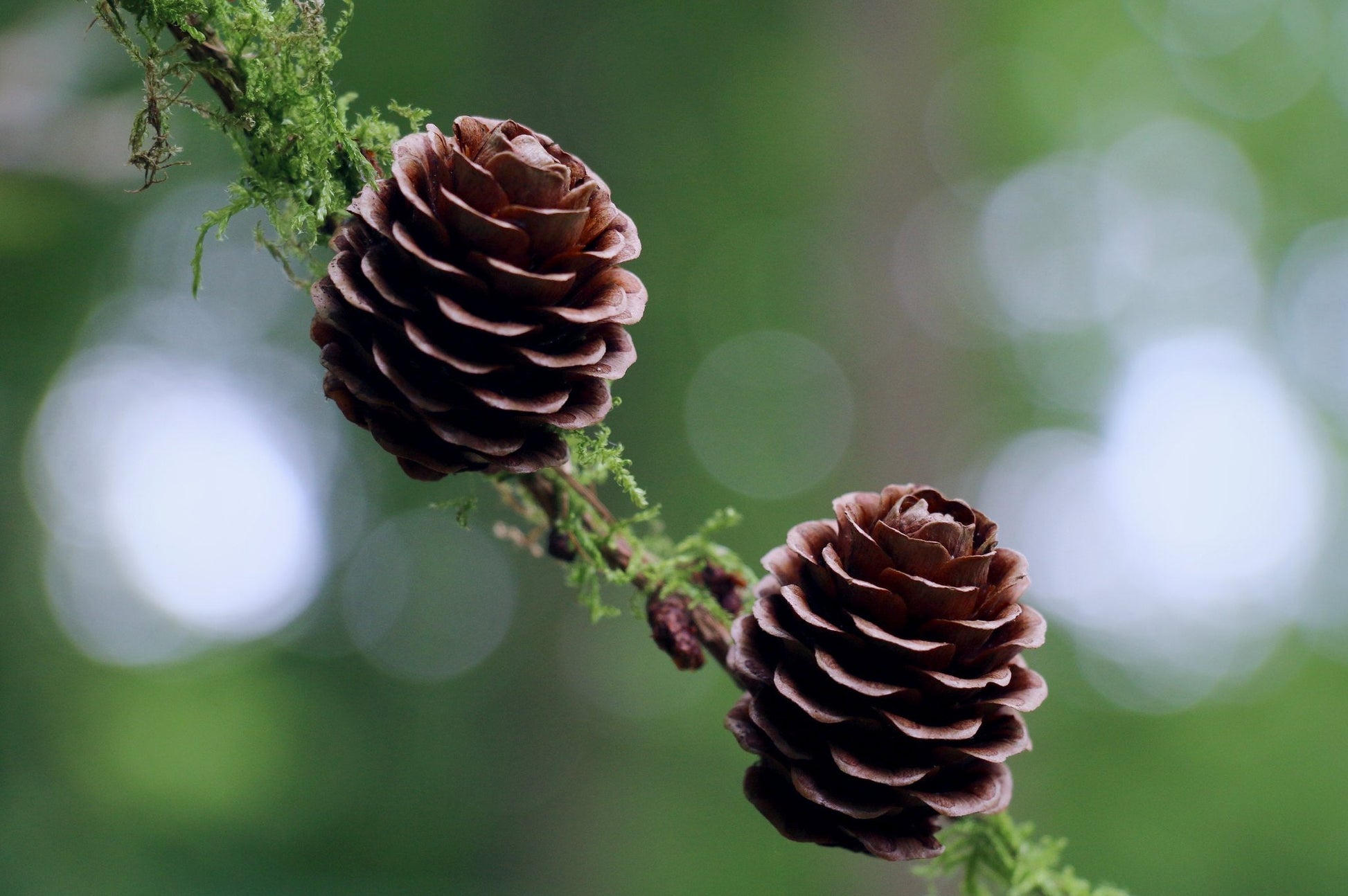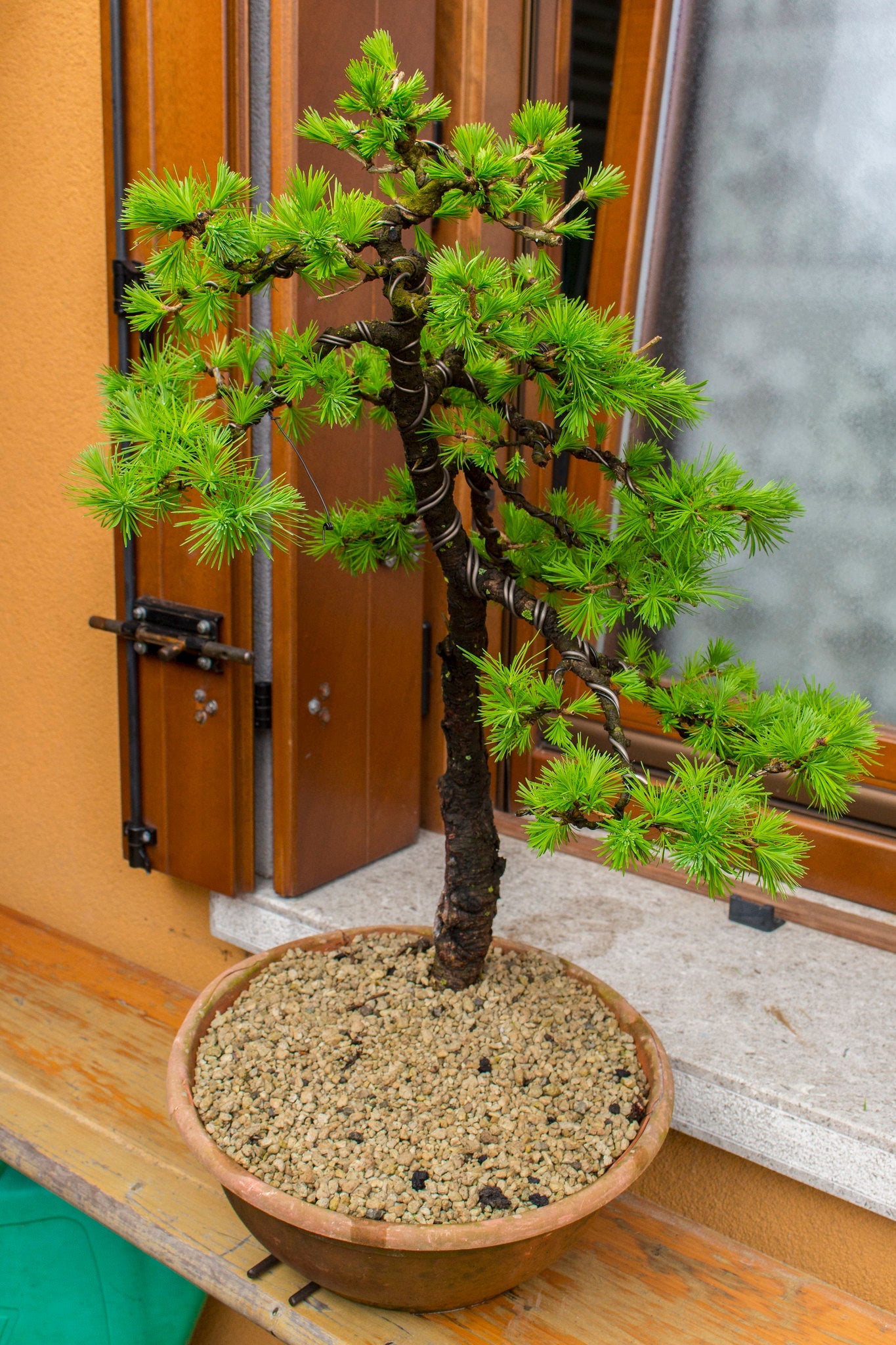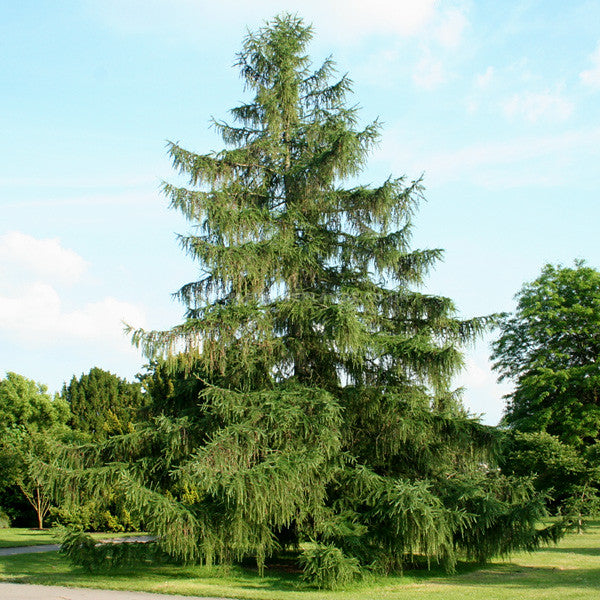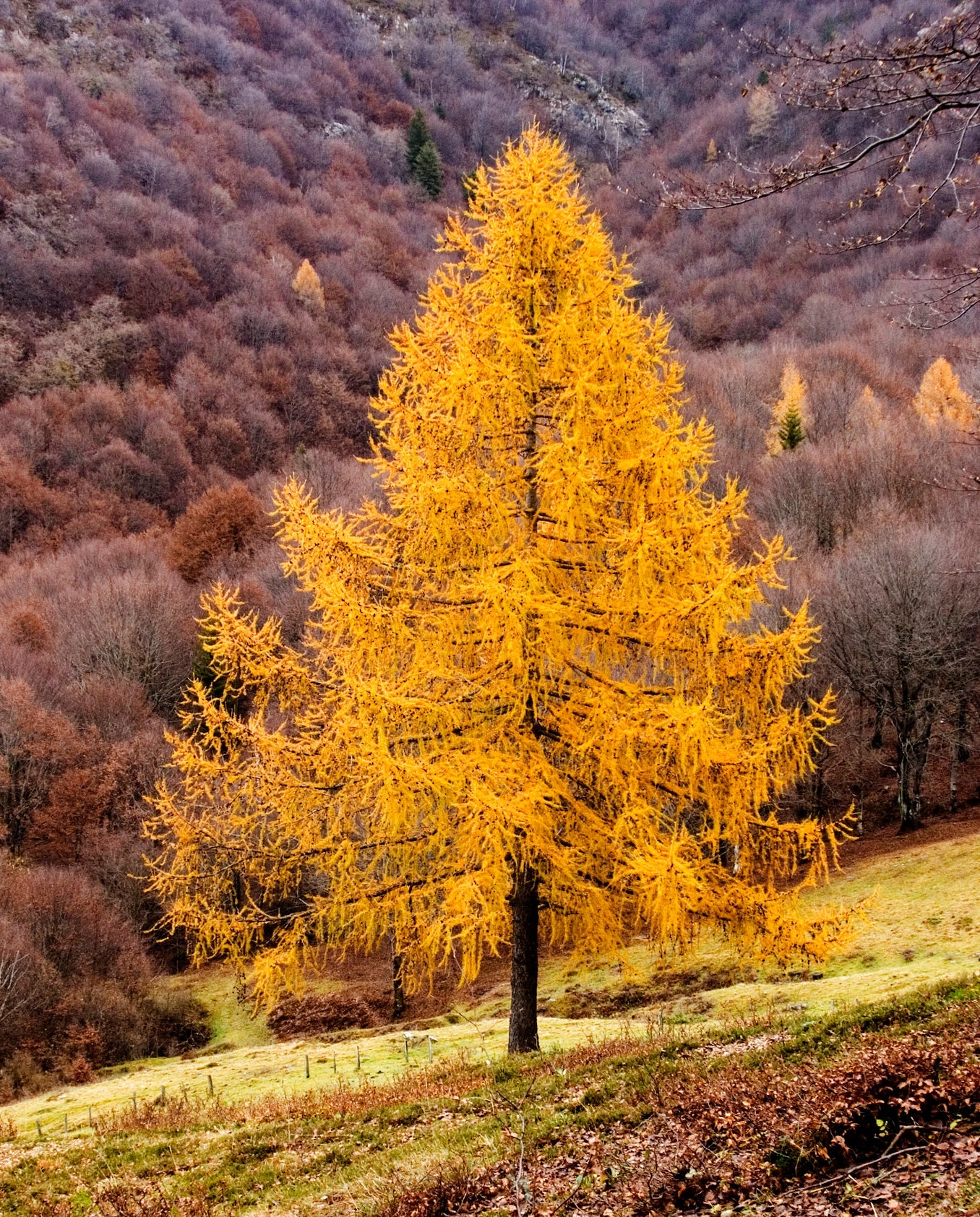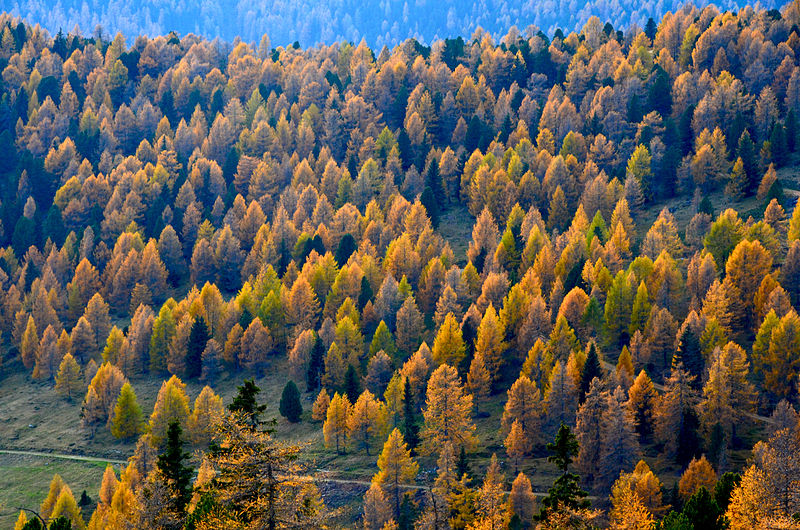Floridaseeds
European Larch Larix decidua 500 Seeds USA Company
European Larch Larix decidua 500 Seeds USA Company
Couldn't load pickup availability
Larix decidua, commonly known as the European larch, is a deciduous coniferous tree native to the mountains of central Europe. Here are some key characteristics of Larix decidua:
Appearance: European larch is a medium to large-sized tree with a conical shape when young, becoming more open and irregular with age. It typically reaches heights of 20 to 45 meters (65 to 150 feet) tall.
Leaves: Unlike most conifers, European larch is deciduous, meaning it sheds its needle-like leaves in the fall. The leaves are arranged in clusters along the branches and are bright green in spring and summer, turning golden-yellow before falling in autumn.
Cones: European larch produces small, egg-shaped cones that mature in the fall. The cones are initially green, turning brown when ripe. Each cone contains winged seeds that are dispersed by the wind.
Bark: The bark of European larch is grayish-brown and becomes deeply furrowed with age.
Habitat: European larch is typically found in mountainous regions, often growing in mixed forests alongside other conifers and deciduous trees. It prefers well-drained, acidic soils and is tolerant of cold temperatures and high altitudes.
Uses: European larch is valued for its strong and durable wood, which is used in construction, furniture making, and as a source of wood pulp. It is also planted as an ornamental tree in parks and gardens for its attractive foliage and autumn color. Hardy in zones 2-6.
Growing Instructions
The seeds have a period of dormancy. They can be planted outdoors in the fall or winter for spring germination or they can be cold stratified to simulate winter conditions and to break their dormancy at any time of the year.
- Soak the seeds in water for 24 hours.
- Put the mixture in a ziplock bag.
- Put the bag in the refrigerator and leave it there for 6 weeks.
- Fill a container with a good quality potting compost.
- Sow the seeds on the soil.
- Cover the seeds with a layer of soil a couple of millimeters thick.
- Water the soil so that it is moist but not wet. The seeds begin to germinate several weeks after they are sowed.
- When the seedlings are a few inches tall, they can be transplanted.
Materials
Materials
Shipping & Returns
Shipping & Returns
Dimensions
Dimensions
Care Instructions
Care Instructions
Share
